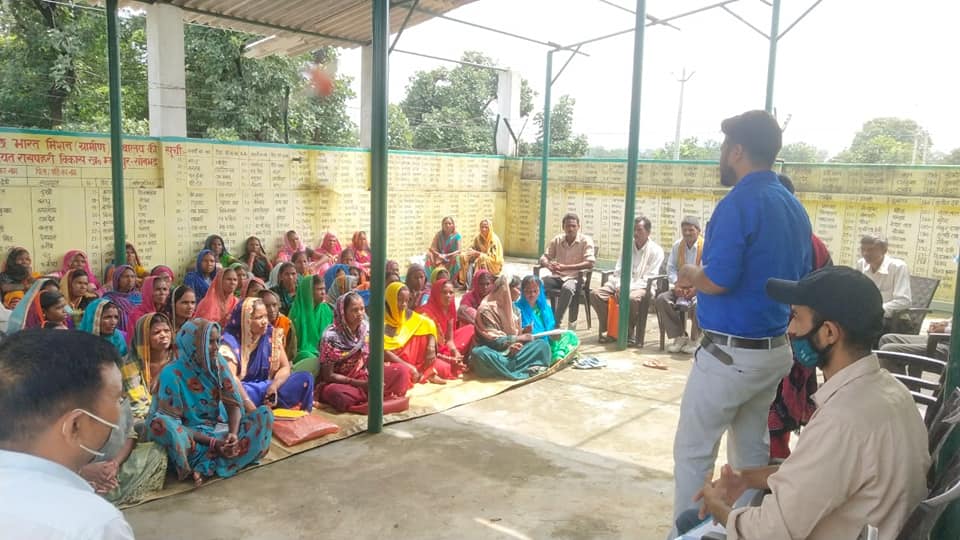Using tasks in language teaching
- Home Page 159

Christmas Message
Bethlehem University Marks 50 Years https://t.co/NXfzSCPlE0 pic.twitter.com/oh8QHBa9bM
— Bethlehem University (@BU_News) December 14, 2023
St. Lucy Bread
This content is accessible to paid subscribers. To view it please enter your password below or send mike@standardsmichigan.com a request for subscription details.
Winter Week Week 51 | December 16 – 22 (Exams & Graduation)
Monday | December 16 | Colloquium 16:00 UTC
Tuesday | December 17 | Colloquium 16:00 UTC
Wednesday | December 18 | Colloquium 16:00 UTC
Thursday | December 19 | Colloquium 16:00 UTC
Friday | December 20 | Colloquium 16:00 UTC
Saturday | December 21
Sunday | December 22
Autumn Syllabus Week 50 | December 8 – 15
Monday | December 8 | Colloquium 16:00 UTC
Andrea Cohen: pic.twitter.com/WoCDCOi5oh
— Dr. Maya C. Popa (@MayaCPopa) December 9, 2024
Tuesday | December 9 | Colloquium 16:00 UTC
It’s called character-building weather for a reason. 😅 pic.twitter.com/goTS8Htnbb
— Alumni Association of the University of Michigan (@michiganalumni) December 12, 2024
Wednesday | December 10 | Colloquium 16:00 UTC
Good morning! 🌟
This Wednesday, remember the magic of childhood—pure, joyful, and fleeting.
Let them be little, especially during this season of wonder. 🎄❤️ #LetThemBeLittle #ChristmasMagic pic.twitter.com/ubXoh3OKk4
— Mrs. Smith (@danismith1979) December 11, 2024
Thursday | December 11 | Colloquium 16:00 UTC
The glorious playing of Septura – surely our premier brass ensemble – added the crowning touch to a Christmas concert I have just guest-conducted in the magnificent setting of Guildford Cathedral. JR pic.twitter.com/5huu8kAZTG
— John Rutter (@johnmrutter) December 10, 2024
Friday | December 12 | Colloquium 16:00 UTC
Ope. pic.twitter.com/oUNZvKC7oD
— Natalie Kovarik (@natalie_kovarik) December 12, 2024
Saturday | December 13
Sunday | December 14
Winter Moon
They’re stingier now, the rowdy boys, in pitching stones
that rattle your shuttered windows;
they don’t deprive you of your sleep; and hugging
the threshold, the door stays shut
that used to swing so easily
on its hinges. Less and less do you hear now:
“While I, who am yours, am dying all night long,
you, Lydia, are sleeping?”
You will age, in turn, and, spurned in the lonely alley,
you’ll wail at the arrogance of paramours
while the rising Thracian wind rages
in the dark of the moon.
Then you’ll feel how the blazing heat
and lust that maddens mares
will rage around your ulcered liver,
not without a sob
that excited boys take more delight
in green ivy than drab myrtle,
and dedicate sere leaves to the east wind,
winter’s companion.
23 BC | Rome
New update alert! The 2022 update to the Trademark Assignment Dataset is now available online. Find 1.29 million trademark assignments, involving 2.28 million unique trademark properties issued by the USPTO between March 1952 and January 2023: https://t.co/njrDAbSpwB pic.twitter.com/GkAXrHoQ9T
— USPTO (@uspto) July 13, 2023
Standards Michigan Group, LLC
2723 South State Street | Suite 150
Ann Arbor, MI 48104 USA
888-746-3670
















